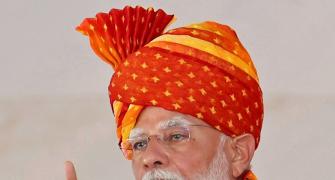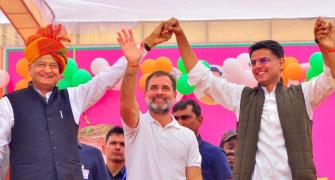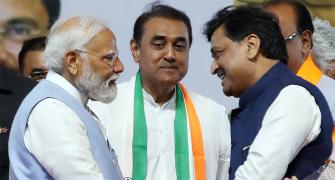Ratan Tata, Chairman, Tata Sons, in a critical reflection on Indian manufacturing industry, has said, "We do not set ourselves higher standards, we do not think big enough and we do not seem to plan to be global leaders."
He said that it was only in the last few years that this mentality was changing. He was addressing a plenary session on 'Competitiveness: Leveraging India's skill advantage' at the 11th Partnership Summit organised by the Confederation of Indian Industry in Kolkata.
He suggested that in order to become world leaders in manufacturing, Indian industry would need to go for the best product, need to know the best technology and go thorough the necessary learning process.
He suggested five steps which would help Indian industry take a global leadership in manufacturing:
-
1. Set high targets;
-
2. Develop new products;
-
3. Take necessary risks;
-
4. Stand by one another; and
-
5. Set the task of leading and not following.
The CII has pointed out that for the Indian economy to grow at 8 per cent, the manufacturing sector would have to clock double-digit growth in the coming years.
CII says that in order to achieve the desired growth, it would be critical to raise the investment levels -- both from domestic and foreign sources.
The industry body said that to raise investment rates, it is essential to convert government's revenue deficit into a surplus, as this would add to the domestic savings and keep the cost of capital at internationally competitive levels. It is important to focus on eliminating the revenue deficit and not to put a curb on capital expenditure in order to meet the overall fiscal target.
CII has also emphasised on doubling of the direct tax net by March 2007, by including agricultural incomes and greater coverage of professionals and self-employed.
Meanwhile, the CII has said that it is imperative to rationalise the indirect tax structure and greater reliance must be placed on growth rather than rates, to improve tax revenues.
CII has also suggested the announcement of a roadmap for achieving duty rates of 5 per cent, 8 per cent and 10 per cent as recommended by FRBM task force.
For improving the investment climate, CII has said that the focus should be on removing infrastructure bottlenecks and facilitating the entry and exit conditions.
Robust, autonomous and effective regulatory mechanisms are required in each of the infrastructure sector for facilitating the flow of private investment, CII said.
On direct taxes, CII has said that corporate tax should be reduced to 30 per cent from the existing rate of 35 per cent in line with the recommendations of the Kelkar Task Force and the surcharge of 2.5 per cent be removed.
CII has further stated that all existing exemptions granted under the Income Tax Act 1961, be reviewed by a task force comprising of government and industry representation. Until the report of the task force is received, existing exemptions be grandfathered and new ones should not be added.






